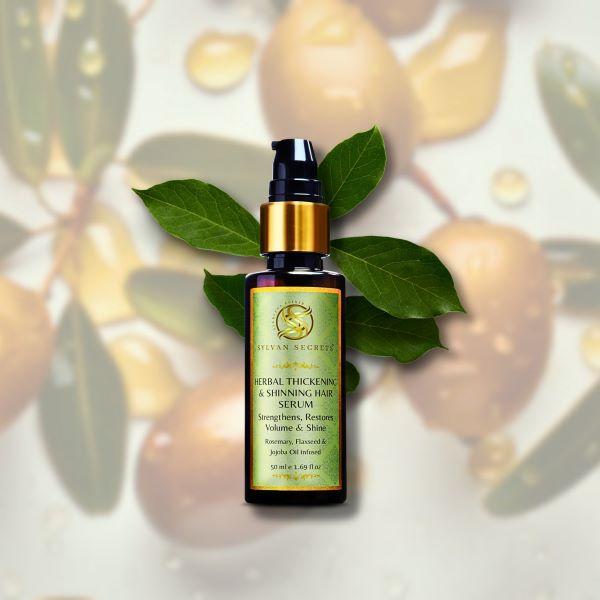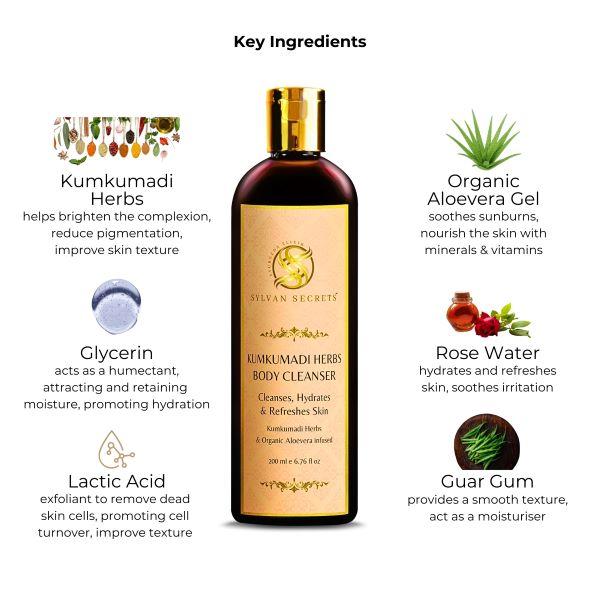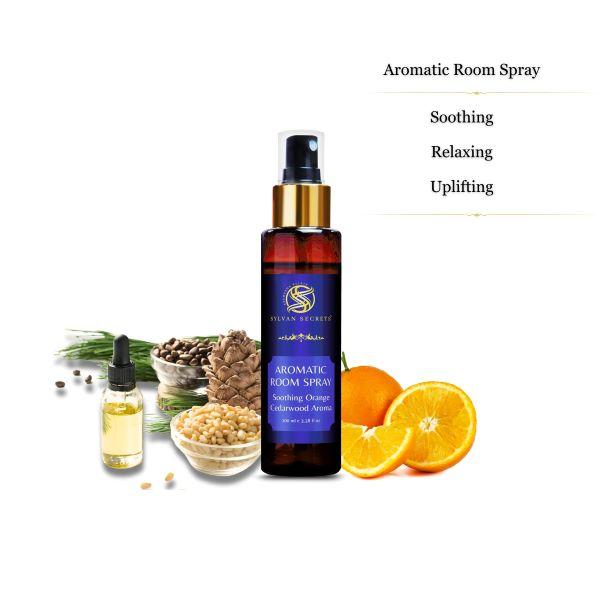How to Control Hair Fall for Women: Effective Strategies and Best Products

For many women, the issue of hair loss is considerable, since it interferes with feminine beauty and self-confidence. Many reasons like stress, hormonal imbalance, unhealthy diet, or improper ways of hair care can pull the hairs off. However, this should not worry any person because hair fall can be controlled and even reduced depending on the methods applied. We’ll explore the causes of hair fall in women and provide actionable steps to regain healthy, strong hair using effective products.
Understanding Hair Fall: Causes and Triggers
Before taking a look at solutions it is important first to appreciate the reasons for hair fall. Some of the common triggers include:
- Hormonal changes: Hair is greatly affected by hormones. Conditions such as PCOS, pregnancy, or even menopause will affect how one grows their hair.
- Stress: Stress can either be physical or emotional. Both types affect hair growth cycles and can result in increased hair loss.
- Nutritional deficiencies: Insufficient supply of some minerals like iron and zinc as well as vitamin D can make the hair fragile.
- Inadequate hair care: Excessive styling and use of heat and chemicals to the hair for treatment purposes tend to weaken the hair strands hence causing breakage and even falling off.
When we understand these factors, we can make rational decisions to manage hair fall effectively and avoid its occurrence.
Step 1: Nourish with the Right Hair Oil
The first step comprises nourishing the scalp by applying warm oil. For centuries, hair oils have been known to help moisturize the scalp and fortify hair follicles while encouraging healthy hair growth. It is essential to do hair oiling frequently to ensure the scalp is hydrated and the tresses healthy and strong. To name a few include:
Sesame Oil: Sesame oil is not only moisturizing and nourishing but this oil contains a lot of fatty acids which can easily be diffused in both the skin as well as scalp. It also has deep conditioning properties and hence can be used on dry or damaged hair and skin.
Argan Oil: Called ‘liquid gold’, argan oil contains a lot of vitamin E and other antioxidants. This helps hair grow stronger and also helps in the recovery of hair that has been damaged by heat styling or chemical treatments.
Jojoba Oil: Since Jojoba oil operates just like the oil the skin comes with, there is no excessive production of oil. It is also good for enhancing gloss and smoothness.
Amla Oil: Amla oil is a popular and traditional ayurvedic remedy, that is chiefly effective thanks to its high contents of vitamin C and other strong antioxidants that develop healthy hair growth by strengthening the hair follicles and help in preventing hair loss.
For best results, apply 51 Herbs Hair Massage Treatment Oil two to three times a week. Massage it into the scalp in circular motions to stimulate blood flow, then leave it on for at least an hour before washing.
Step 2: Best Hair Cleanser To Reduce Hair Loss
Choosing the right hair cleanser is crucial, as some shampoos contain harsh chemicals that strip natural oils and weaken hair. Opt for gentle cleansers that nourish the scalp without over-drying:
Sulfate Shampoos: Sulfates tend to dehydrate hair and provoke allergic reactions on the scalp. Using shampoo free of sulfate helps to keep the natural moisture in the scalp which in turn reduces the chances of breakage.
Ayurvedic Hair Cleansers: Ayurvedic shampoos like Amla & Reetha Hair Cleanser made with natural ingredients, such as neem, shikakai, and reetha, offer a gentle cleanse while promoting scalp health.
Keratin-Based Hair Cleansers: Cleansers with keratin help repair damaged hair by adding back the lost protein due to styling products and treatments, therefore they are highly recommended for the outermost damaged hair.
Hair Cleansers with Aloe Vera: Products that contain aloe moisture in the scalp and soothe the irritation making the product suited for people who have issues like dry scalp or dandruff.
Lastly, when applying a Hibiscus & Methi Hair Cleanser, do not scrub very hard since this can make the roots loose. Pay attention to the scalp only, and allow the shampoo to flow back towards the ends of your hair to prevent damage.
Step 3: Finish with Hair Serum
One more tool to add for hair fall prevention would be a hair serum as it also helps to protect the hair from the harmful effects of the environment, enhances shine, and reduces frizz. Always check the serum for ingredients that moisturize and also reinforce protection.
Keratin Serum: Keratin serums are made of keratin which coats the outer layer of hair, increasing resilience and reducing frizz, to be specific; this is great when used on coarse or chemically treated hairs.
Jojoba Oil Serums: Hair serums infused with jojoba oil deliver lightweight hydration that mimics natural scalp oils, balancing moisture levels while protecting hair from dryness, frizz, and environmental stressors for a healthier, smoother finish.
Biotin Serums: Widely known as vitamin H, Biotin is significant in hair development and helps strengthen hair, reducing breakages.
Take a small quantity of Herbal Thickening and Shining Hair Serum in your palm and rub it into the strands of the hair, concentrating on the tips of the hair. Do not apply it near the scalp as it can make the hair oily. Serums are beneficial before hair styling or heat-damaging processes as they provide an extra coating.
Step 4: Enhance Nutrition from Within
What you consume also plays a role in the health of the hair. Some important micronutrients and vitamins such as iron, zinc, and vitamins A, C, and E vitamins aid in healthy hair growth. You could think of adding the following to your menu.
- Protein Sources: Most of the composition of hair is protein hence enrich your diet with eggs, fish, nuts, and legumes for healthy hair.
- Vegetable: Add hair growth-related vegetables like spinach and Italian kale that are highly enriched with water and iron content folic acid.
- Omega-3 Fatty Acids: Omega-3 in fish, walnuts, and flaxseeds promotes further growth and prevents the roots of the hair from thinning out.
- Vitamin C and Protective agents: Citrus, berry fruits contain vitamin ‘c’ that aids in collagen synthesis which keeps the hair healthy intact.
If required, reach out to a nutrition expert or a physician to fix the issue if any that is related to the deficiency that affects the growth of the hairs.
Step 5: Adopt Gentle Hair Care Practices
The everyday treatment you give your hair greatly determines the extent of hair loss. The following advice can help reduce damage:
Restrict Styling with Heat: Many hot tools used on hair often weaken the hair strands. Most of the time, air dry your hair or opt to use a dryer at a low heat setting.
Brush with a wide tooth comb: This helps to avoid excessive pulling and breaking, especially in the process of separating the hairs in a wet condition.
Avoid Tight Hairstyles: Over time, tied-up hairstyles such as high ponies, buns, or braids, add pressure on the hair’s roots and may contribute to traction alopecia.
Opt for a Silk Pillowcase When Sleeping: Cotton cases don’t bend easily and since there is movement, this may lead to mechanical damage to the hair. Silk pillowcases are softer and help moisturise the hair.
Step 7: Seek Professional Advice if Needed
Certain dermatologists may be consulted for professional hair care services once all the above has been put in place and hair fall is still experienced. They may go ahead to perform PRP and laser therapy or even prescribe some medications for hair loss that is genetic or due to hormonal reasons.
Taking care of hair does not only involve using the right hair products but also eating correctly as well as handling the hair gently. By adding hair oil and a mild hair cleanser along with hair serum into the regimen, hair can be kept happy and healthy.


Comments